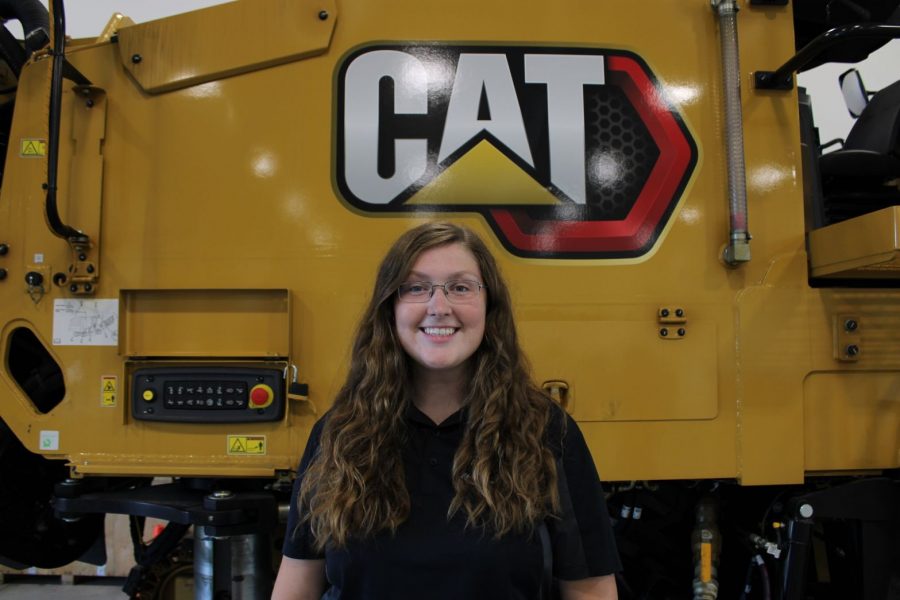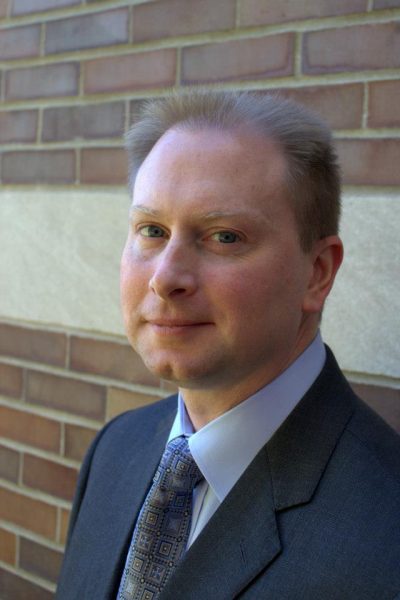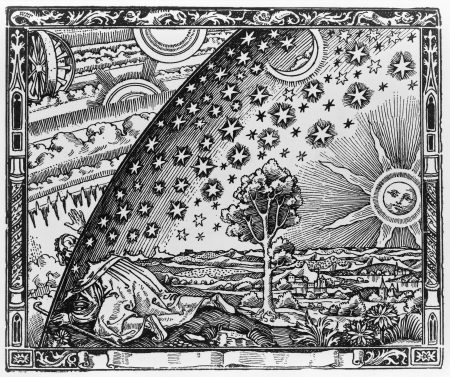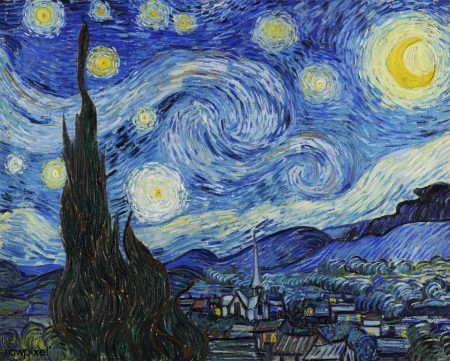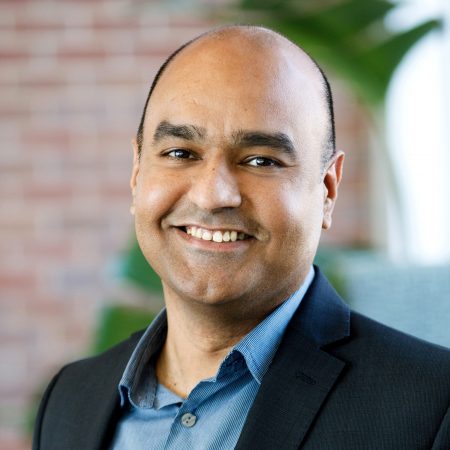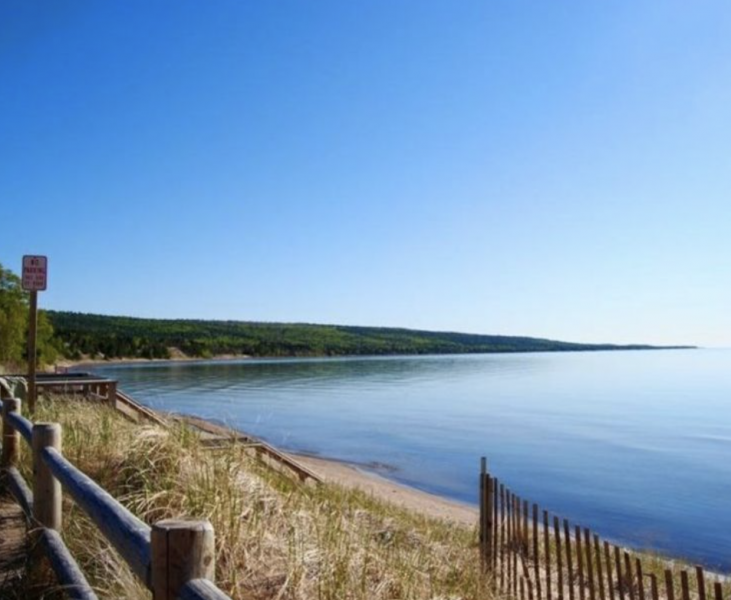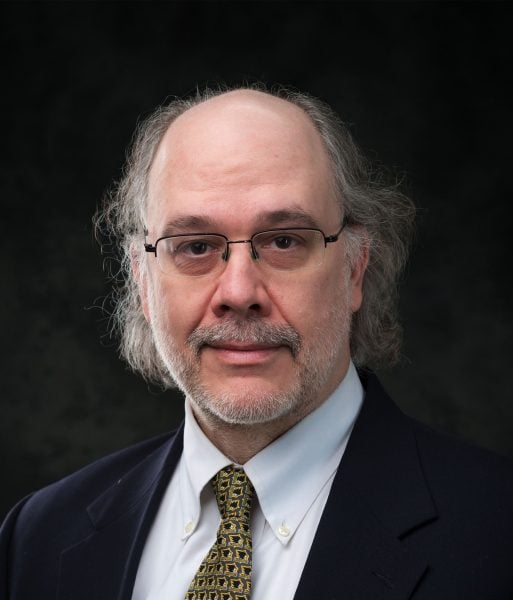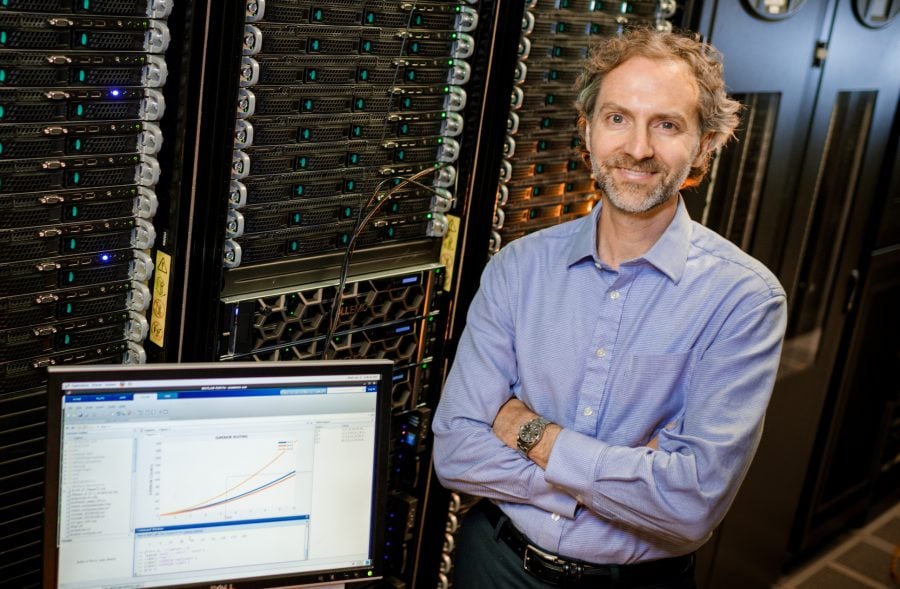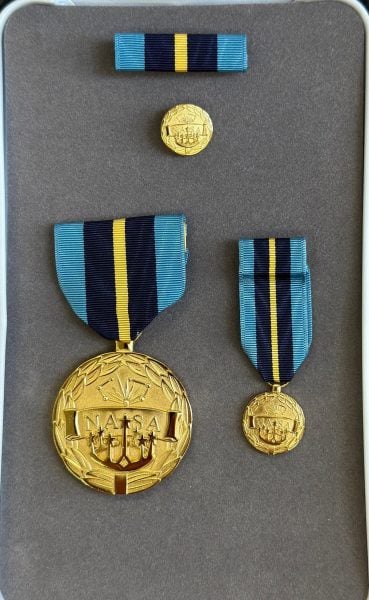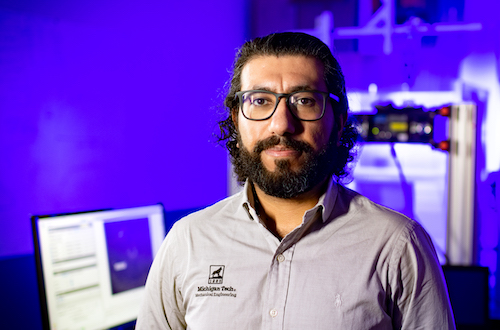During her time at Michigan Tech, Sophie Bollin has attended four career fairs, learning more and more about job opportunities each time. But for internships, she started at Caterpillar, and the wonderful experience she had there has inspired her to return—to do more, and learn more.
“I’ve had the opportunity to complete two internships at Caterpillar as a testing, validation, and design engineering intern within its Paving Products division. I initially spoke with Caterpillar at Michigan Tech’s CareerFEST, an event that takes place on campus each year just prior to the fall Career Fair. It led to an internship offer and, then I returned the following summer to rejoin the same team. Design engineering was my main focus, which allowed me to work on a wide range of projects and designs, with wonderful mentors. I met so many fantastic people. I look forward to returning yet again next summer.
I was born and raised in Woodbury, Minnesota. Michigan Tech was honestly my dream school. I knew I wanted to work in the automotive or related industries and Tech had great opportunities to work in these fields. They also had one of the best mechanical engineering programs, so for me it was a perfect fit.
Each year it seems like more companies come to campus, wanting to hire MTU students. They’re super enthusiastic about every student’s unique background and experiences.
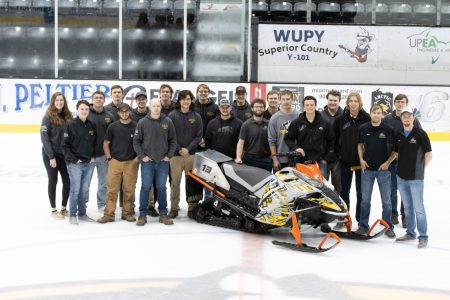
Michigan Tech has definitely changed my life in many ways. During my time here I have met some lifelong best friends—and some of the best professors and mentors.
Long term I would like to stay in the heavy equipment or motorsports industries as a test engineer, where I can enjoy my work every day. The best advice I have been given is ‘to do what makes you happy,’ which I do try to implement in my everyday life.”
If I could change the world…
I would want it to be by sharing my experiences and passions with others so that they can find what inspires them.
My advice for first year ME students
Mechanical engineering allows for you to interact with many of the different aspects of industry and the engineering world. Some of the courses may be intimidating or difficult, so take advantage of the many resources Michigan Tech offers you.
“Prioritize school, but make sure to explore and have fun.”
